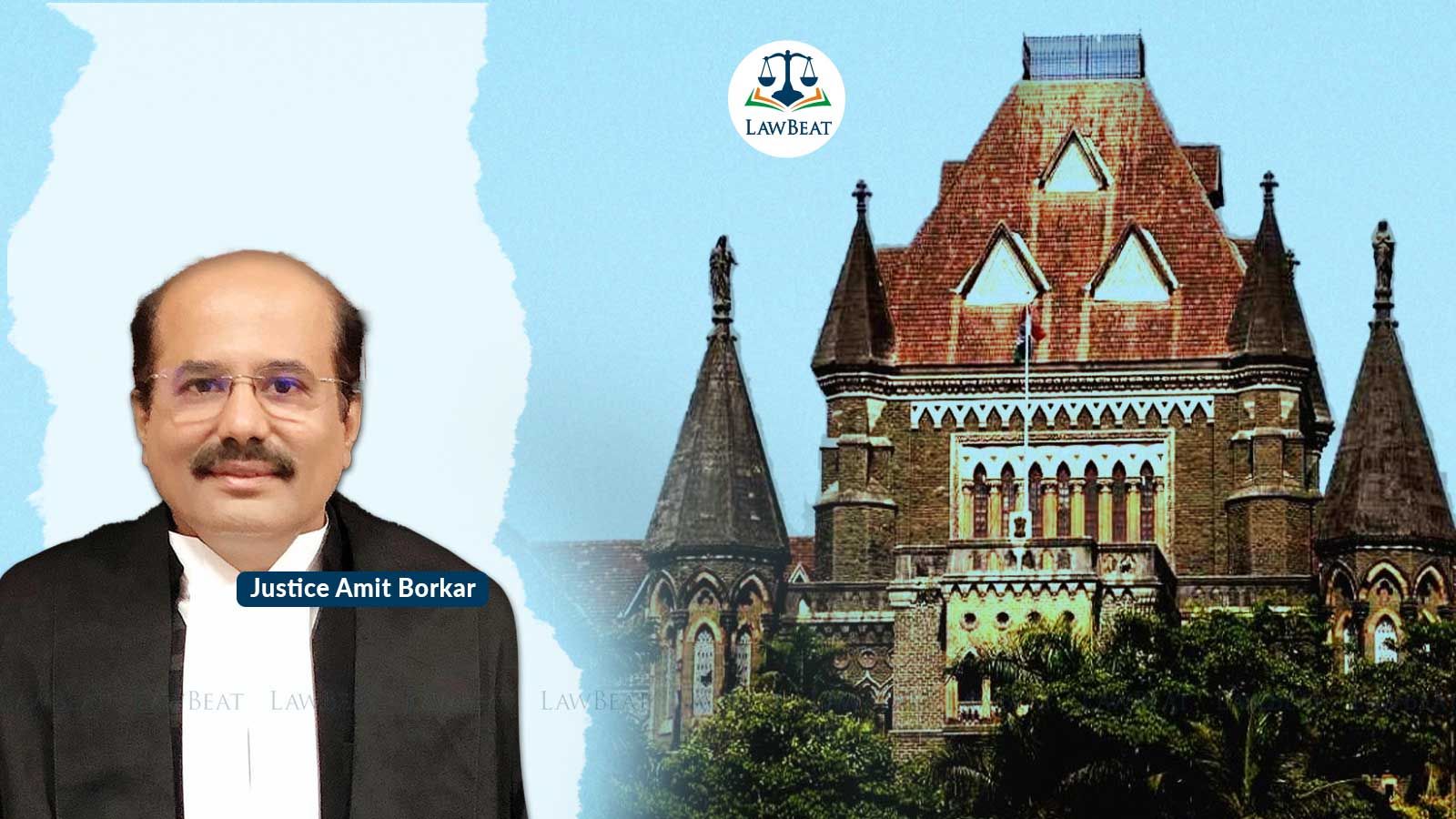Successive Bail Applications Should Be Decided By The Same Judge Who Decided The Earlier Bail Applications: Bombay High Court

The high court in its order noted that if successive applications are disposed of by different judges then the litigant would be pestering every judge and would also result in wastage of the court’s time
A single-judge bench of the Bombay High Court comprising Justice Amit Bokar recently held that successive bail applications should be placed before the same judge who has heard the earlier bail application.
“Though there is no paucity of precedents covering the principle directly as the principle appears to have been settled as a result of a series of decisions of the Supreme Court that a subsequent bail application should invariably be placed before the same learned Judge of the High Court, if available, who has heard and disposed of the earlier application,” the high court held.
The bench was seized with a matter wherein a second bail application was filed by an accused whose earlier bail plea was rejected by another single-judge bench.
The high court in its order acknowledged the constitutional power of the Chief Justice to determine which judge will sit alone in each case and which judges, with or without the Chief Justice, will constitute the division bench.
Justice Borkar further held that the right to file successive bail applications accrues to the applicant only on the existence of a material change in circumstances.
“It needs to be noted that the right to file successive bail application accrues to the applicant only on existence of a material change in circumstances. The sine qua non for filing subsequent bail applications is a material change in circumstance. A material change in circumstances settled by law is a change in the fact situation or law which requires the earlier view to be interfered with or where the earlier finding has become obsolete. However, change in circumstance has no bearing on the salutatory principle of judicial propriety that successive bail application needs to be decided by the same Judge on merits, if available at the place of sitting,” Justice Borkar held.
In its order, the bench highlighted the importance of distinguishing between a judge's power to consider a bail application and an individual's right based on a material change in circumstances. A material change in circumstance entitles an accused person to file a fresh bail application. However, the power to decide such a subsequent application operates in a separate sphere, unrelated to the facts of the case. It is crucial to maintain clarity between these two aspects when dealing with bail applications.
The high court further emphasized that if successive applications are disposed of by different judges then the litigant would be pestering every judge and would also result in wastage of the court’s time.
“If successive bail applications on the same subject are permitted to be disposed of by different Judges, there would be conflicting orders, and the litigant would be pestering every Judge till he gets an order to his liking resulting in the credibility of the Court and the confidence of the other side being put in issue and there would be wastage of Court's time and that judicial discipline requires that such matter must be placed before the same Judge, if he is available, for order,” the bench observed.
Justice Borkar cited the standing order of the then Chief Justice, passed in 2009, which stated that successive bail applications should be decided by the same judge who disposed of the earlier application.
Considering this, the bench granted permission to the applicant to file the bail application before the same bench that had previously rejected the application.
Case title: Ajay Rajaram Hinge vs State of Maharashtra
